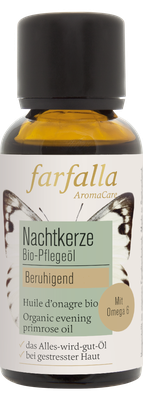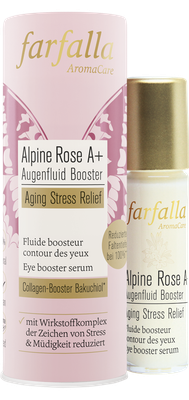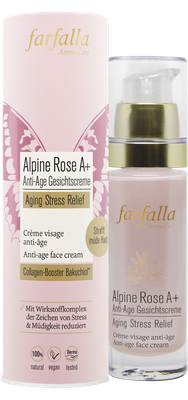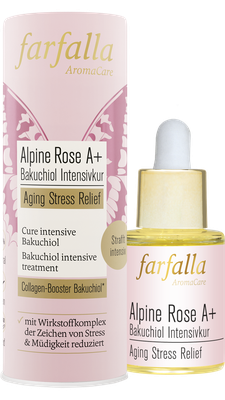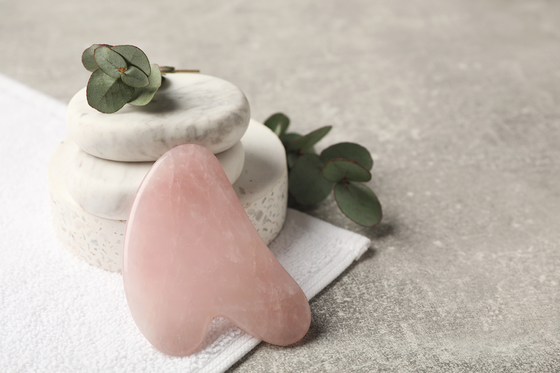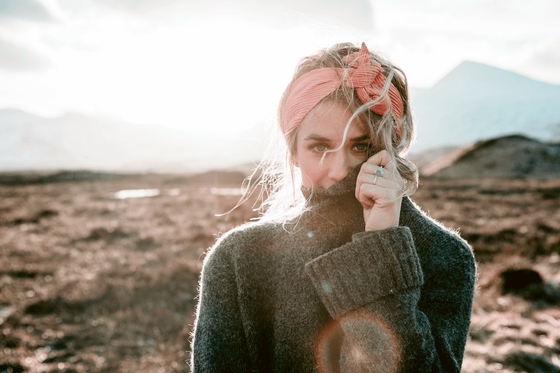The link between stress and skin
Did you know that stress literally makes us look old? It gets under my skin - a truthful saying. Psychological strain and stress can be seen in our skin. Not only facial expressions and posture, but our skin above all allows us to draw conclusions about our mental state. We often ignore warning signs that go hand in hand with stress. A facial skin rash caused by stress cannot be ignored. But beware: in addition to obvious symptoms such as a rash, red spots or pimples, visible signs of skin ageing are often also due to stress.
Psychological stress gets under the skin
Our skin is our largest organ - a magic garment that fulfils a variety of tasks. It is an organ of absorption as well as detoxification, an organ of protection, an important sensory organ and a significant part of our immune system. Skin care is an important part of our health care! Our skin is our largest organ - a magic garment that fulfils a variety of tasks. It is an organ of absorption as well as detoxification, an organ of protection, an important sensory organ and a significant part of our immune system. Skin care is an important part of our health care!
Skin and brain are closely connected, they have the same origin: Mental states can be read directly from our skin - we turn pale, blush or have goose bumps. Stress makes us look tired and sallow quickly, can trigger redness, impurities and inflammatory processes in addition to premature signs of skin ageing - a facial rash can also be a signal. In the long term, psychological stress weakens the skin's immune system just as permanently as pollutants or UV radiation.
How our cells react to stress
Under stressful conditions, the body produces stress hormones. The immune cells in the skin are also involved in the production and transmission of certain messenger substances. This is an ingenious function of our miracle skin - if it does not get out of balance because stressful phases are followed by too little or no relaxation. The cells of our skin react very sensitively to stress hormones. In the long run, however, these messenger substances can affect many skin functions: Besides obvious stress symptoms such as red spots or pimples, visible signs of skin ageing also go hand in hand with stress. This is because stress messengers slow down cell regeneration. The complexion looks weak and tired, sallow and grey, the face ages visibly. The skin's hydrolipidic mantle is also disturbed, oil production gets out of balance, while its ability to store moisture decreases. In stressful situations and also in chronic permanent stress, the skin's blood circulation is reduced as our body prioritises vital organs. The skin's own protective mechanism is reduced, free radicals have an easy game. Our skin suffers visibly.
Especially in the 35-50 age group, when multiple stresses from work, family, etc. take their toll on us, there is little time for stress-relieving measures that would be necessary for our health. New findings from research, however, enable us to relieve the skin of stress practically in passing during daily facial care. After all, skin care is preventive health care - ideally before a skin rash caused by stress makes it undeniable.
While farfalla has been relying on the power of the aromatic plant for skin care for 40 years, it was only in 2020 that a study showed that the skin's olfactory receptors can trigger anti-stress reactions: An innovative active ingredient complex from Rosa Damascena activates the skin's olfactory receptors. This can effectively reduce the transmission of the skin's stress biomarkers. A completely new approach - matching the holistic relaxing properties of the rose, which has been known to aromatherapy since time began.


